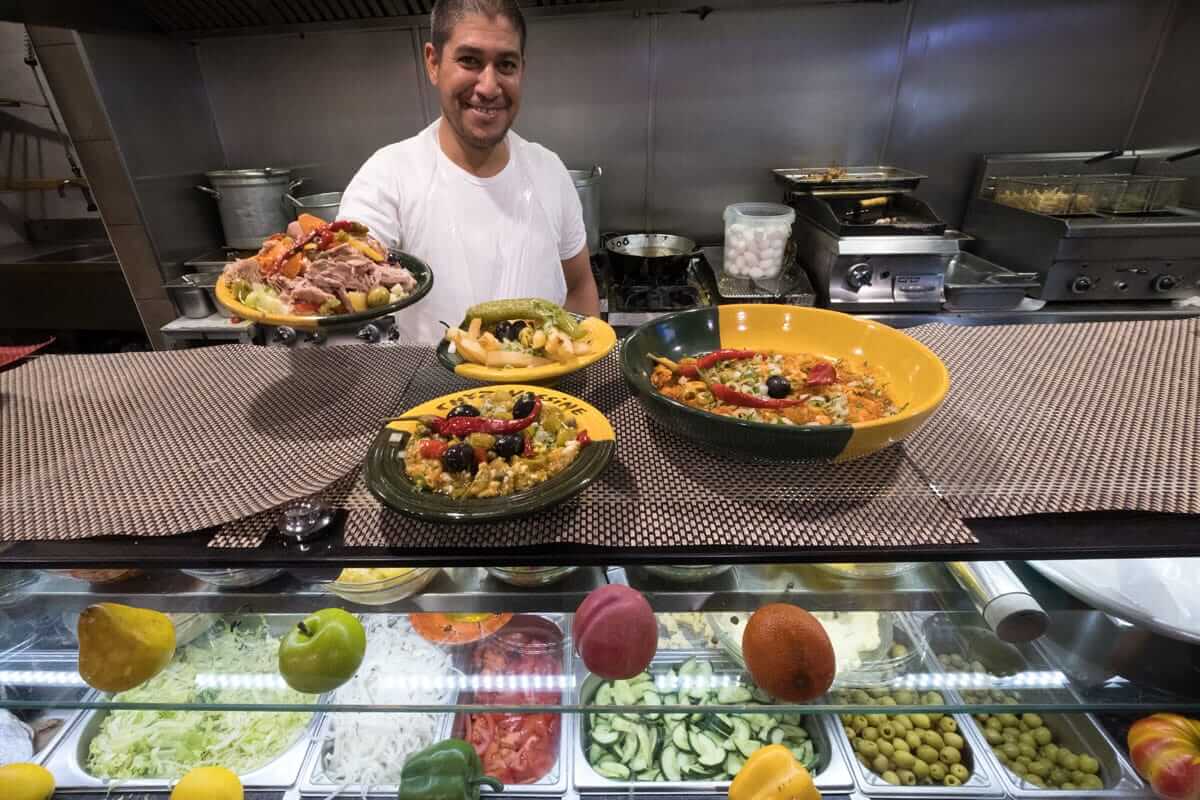We can't find the internet
Attempting to reconnect
Something went wrong!
Hang in there while we get back on track
Chez Etienne: Pizza Marseillais
We can't find the internet
Attempting to reconnect
Something went wrong!
Hang in there while we get back on track

Related Stories
We can't find the internet
Attempting to reconnect
Something went wrong!
Hang in there while we get back on track
Location & Contact
Book our Award-Winning Marseille Food Tour

Get Your Free Marseille Pocket Guide
Introducing our pocket-sized Marseille guide — perfect for your next culinary adventure. Yours free when you sign up for our newsletter.







